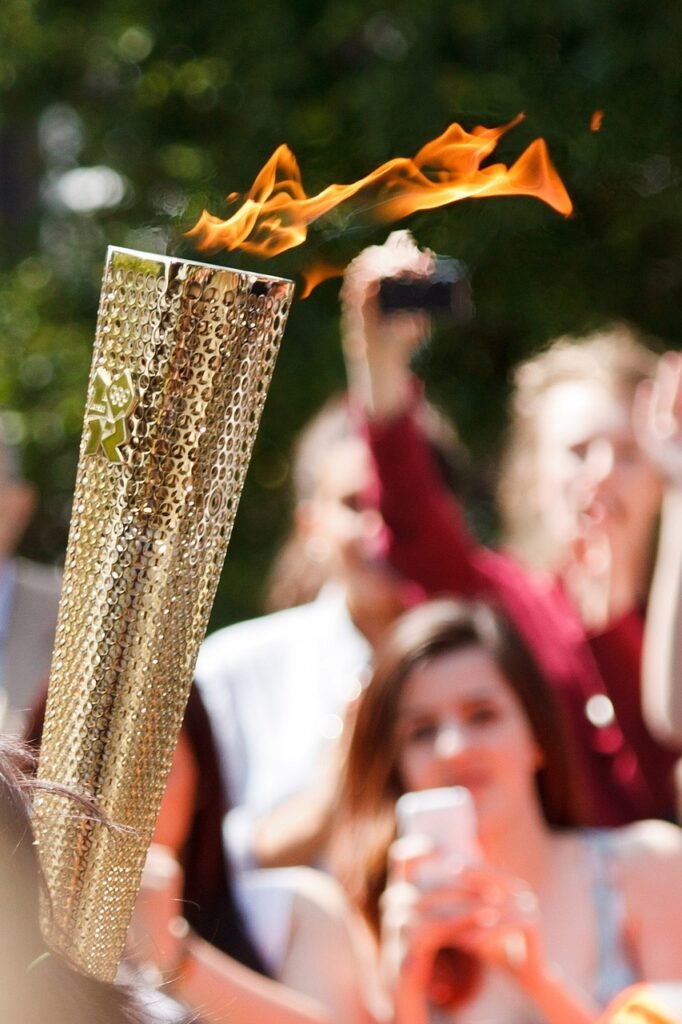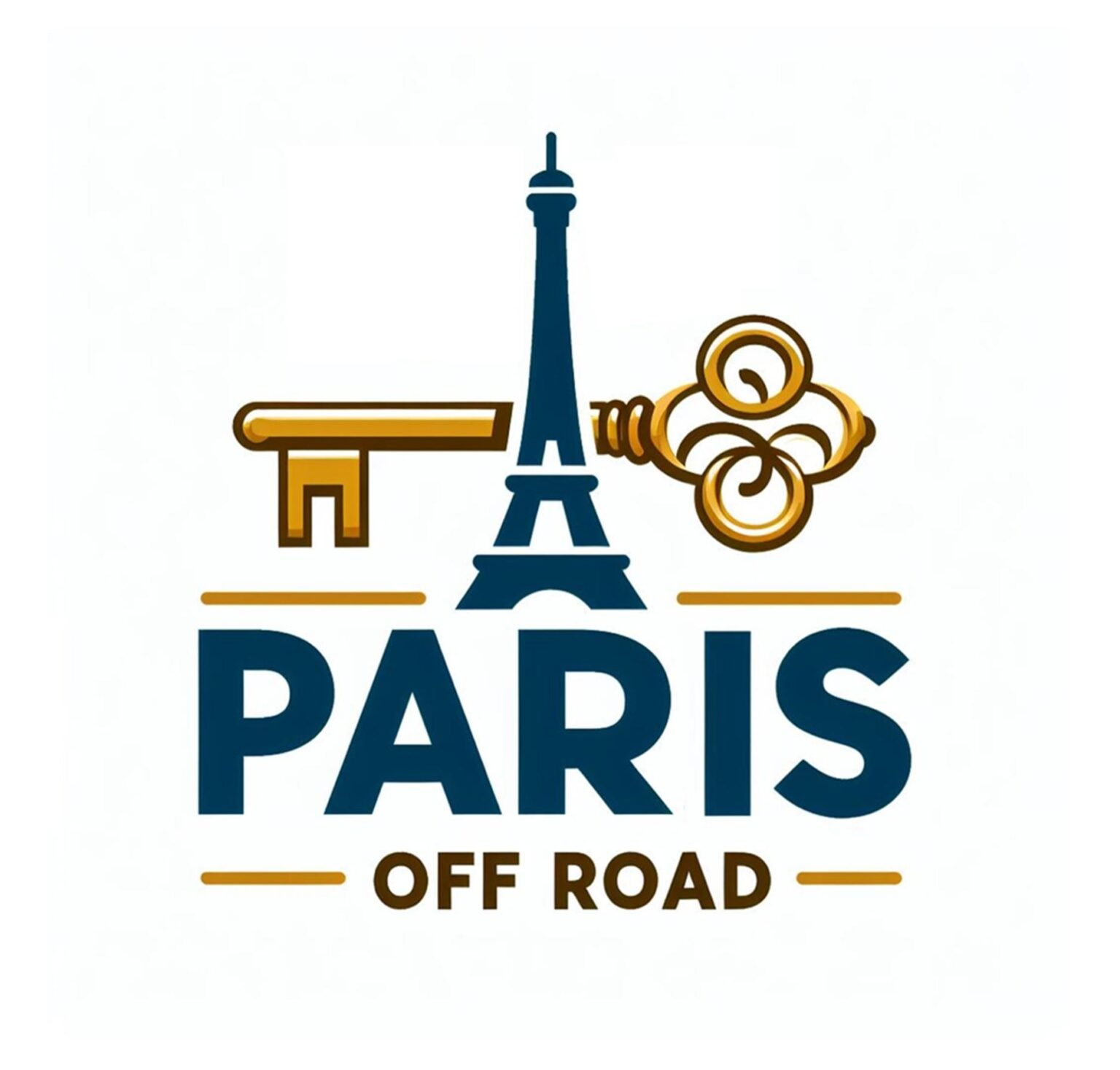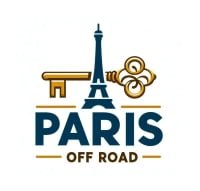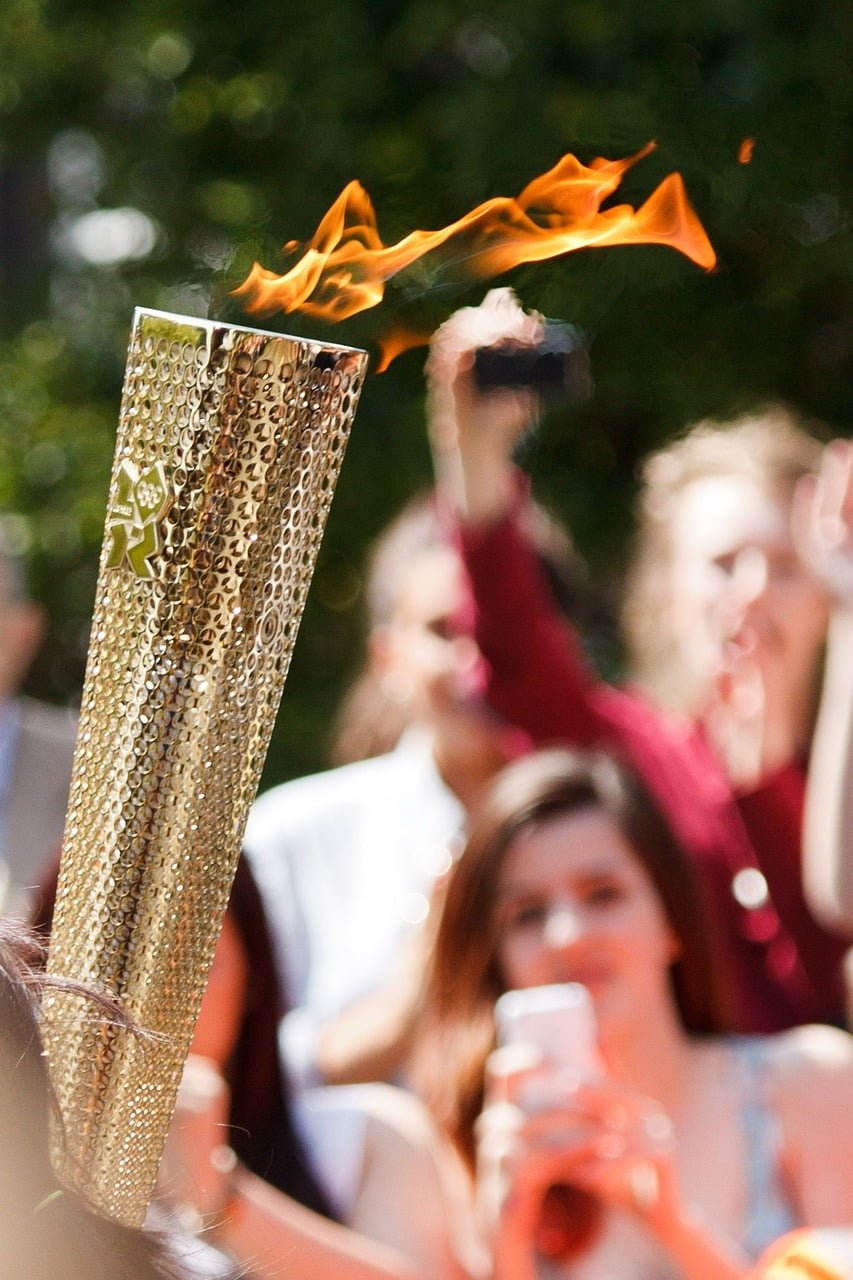The sporting history of Paris
Ethymology of the word "Sport"
The word “sport” has an interesting etymology. It comes from the Old French “desport”, meaning “entertainment” or “distraction”, which has its roots in the Latin “disportare”, formed from “dis-” (to disperse) and “portare” (to carry). Originally, the term was associated with recreational activities or entertainment rather than athletic competitions.
Over time, the meaning of the word evolved to encompass the idea of competitive and organized physical activities.

Paris and sport
Paris, the City of Light, for its part, has always been the scene of a history rich in entertainment and brilliance. Sport and Paris have always been old friends.
During the Middle Ages, Paris was a bustling city in the heart of France, with sporting activities that reflected the daily lives of its inhabitants. Chivalrous tournaments, practiced by the nobility, were major events. The cobblestone streets also served as playgrounds for various popular games, such as soule, an ancestor of football.
Then, during the Renaissance, Italian influence introduced more sophisticated sporting activities. The royal gardens became places for practicing tennis, the ancestor of tennis, and the first forms of gymnastics. The French Revolution and the 19th century saw the emergence of sports clubs and the development of public spaces dedicated to sport, such as the Bois de Boulogne.
The 20th century marked the rise of modern sport in Paris. The 1924 Olympic Games, hosted in the city, were a turning point. Paris also hosted international sporting events and developed infrastructure such as the Parc des Princes for football.
Today, Paris remains a global center of sport, hosting internationally renowned competitions, including the Tour de France and Roland-Garros. Parisians indulge in a variety of sports, from passionate soccer matches to jogging sessions along the Seine, continuing a rich sporting tradition that has evolved over centuries.



